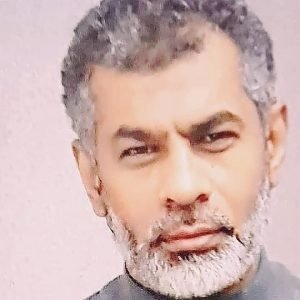Chapter Two (The Spirit and The Soul )
The Soul According to Ibn-Sina
Ibn – Sina was deeply interested in psychology unlike other Moslem intellectuals who either preceded or followed him. He is considered one of the famous philosophers who thoroughly studied the drama of the soul and wrote about it. The part which he wrote in his book Al – Shifaa (The Remedy) is among the most comprehensive studies on the soul according to Islamic philosophy in general. He also wrote a number of books and short letters on the human soul and spirit. Ibn – Sina’s opinions about the soul reflect the fact that he was influenced by Al – Farabi though his ideas are deeper and more detailed. He greatly influenced the concepts of the Moslem scholars who followed him as well as the Latin philosophers during the Middle and Modern Ages, either directly or through Al -Ghazali.
Similar to Aristotle, Ibn – Sina defines the soul as ”The primary perfection as it completes the race to become an actually existing kind”. Ibn-Sina’s ideas, however, differs from those of Aristotle’s in his understanding of ”perfection”. According to Aristotle, perfection refers to the image, a perfect image of the normal body, i.e. the soul is an image of a normal body with vitality as its basic deeds. Ibn-Sina, however, considers perfection to be a feature related to a kind such as man’s sensuous perception, or cutting for the sword. This is a more general concept than Aristotle’s ”image”. According to Ibn-Sina, the soul is not necessarily an image of the body, for the articulating soul will eventually leave the body and can not be part of its formation. The essence of the articulating soul is the mind which could be different from the body. It also has a spiritual essence where it comprehends its own self as well as the rational things without a certain mechanism. The soul is perfection i.e. it is the first principal needed for sex to be a real existing kind and it is the primary body perfection. The body should thus be mentioned in the definition of the soul. It is so called because it actively exists inside a normal body, not an artificial one. Mechanisms, therefore, refer to the characteristics related to the various organ functions.
Ibn-Sina, however, divides the psychological forces into three divisions where each is assigned to one of the three souls: the vegetarian, the animal, and the articulating souls.


 I graduated from the US, from where I obtained MA degree in clinical psychology. (Spiritually Oriented Psychotherapy), too, I am qualified, since I have memorized the Holy Qur’an
I graduated from the US, from where I obtained MA degree in clinical psychology. (Spiritually Oriented Psychotherapy), too, I am qualified, since I have memorized the Holy Qur’an